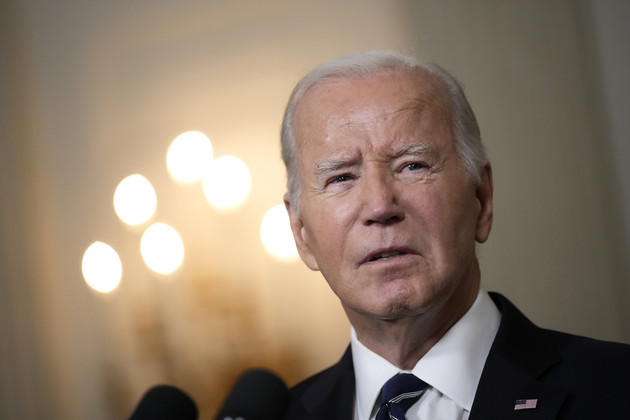Author: Daniel Brumberg
Affiliation: Georgetown University (Director of Democracy and Governance Studies), Arab Center Washington DC
Organization/Publisher: Arab Center Washington DC
Date/Place: January 27, 2020/USA
Type of Literature: Report
Word Count: 2354
Keywords: Diplomatic Shifts, Nuclear Deal, Abraham Accords, Sanctions
Brief:
Strategic and diplomatic shifts in the Middle East (ME) will put the Biden Administration to the test of balancing relations with both its allies and Iran, as the US’ regional approach will be affected by its allies having goals of their own. Going back to the nuclear deal with Iran is rife with challenges left by the previous Administration, and attempts of avoiding a return are causing fear among regional allies. The Abraham Accords shows the irreconcilable visions of its signatories, as it cannot satisfy the parties’ different interests—and the US has to navigate through them. Israel’s radical approach accepts nothing less than dismantling Iran’s nuclear program; the UAE and Saudi Arabia have softer stances, and have potential for interest convergence with the Biden Administration. Bin Salman is leaning towards negotiations in an attempt to improve his image, while the UAE has softened its approach to avoid isolation and to acquire the position of interlocutor with the US as the Saudis have done. The US could benefit from flexible multilateral interactions with its European and ME allies, and could use the Trump sanctions as leverage in negotiations with Iran regarding its uranium enrichment levels. The US has to take Iran’s demands seriously if negotiations are to be fruitful, but balancing a new nuclear deal with regional allies’ interests is also a priority.
By: Omar Fili, CIGA Research Assistant




